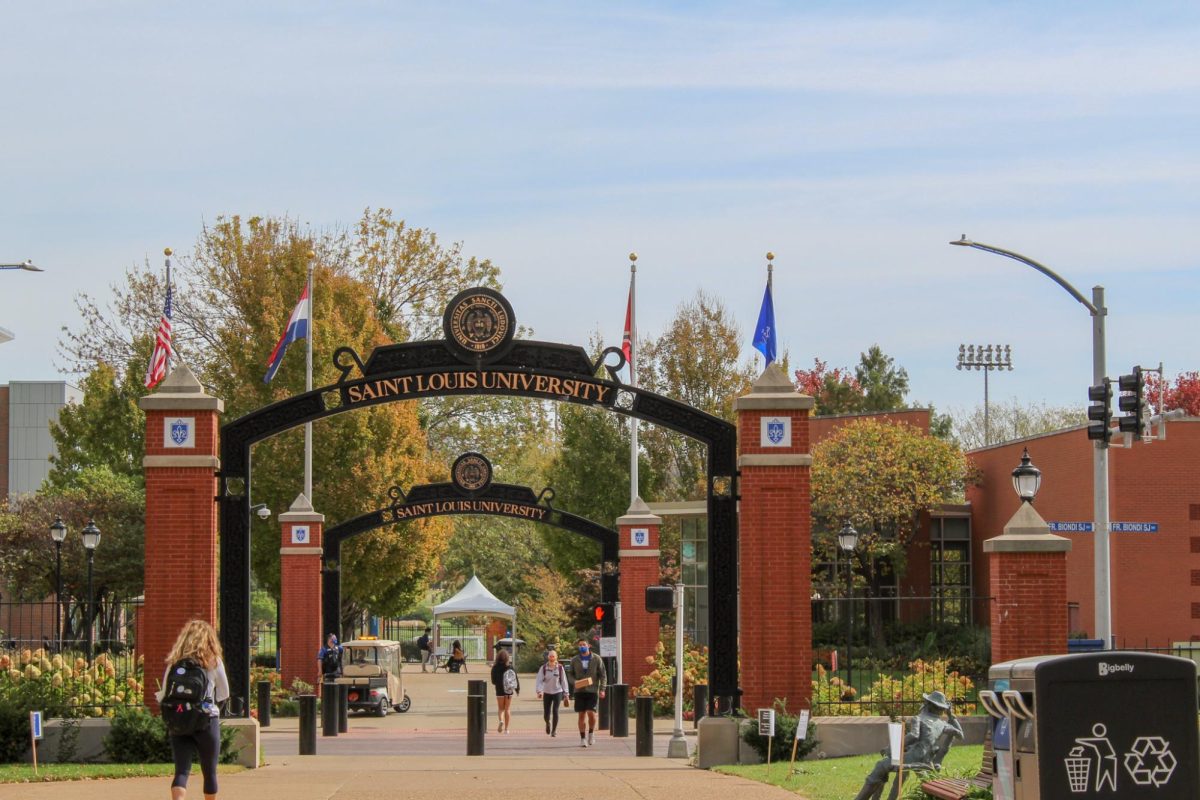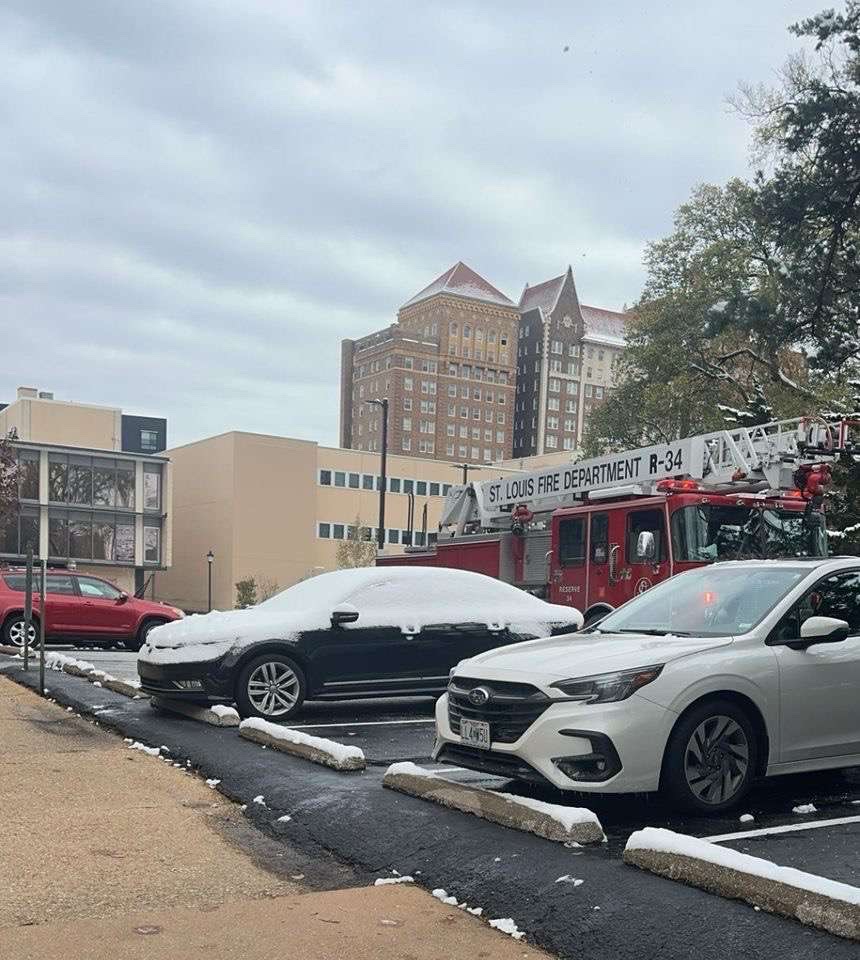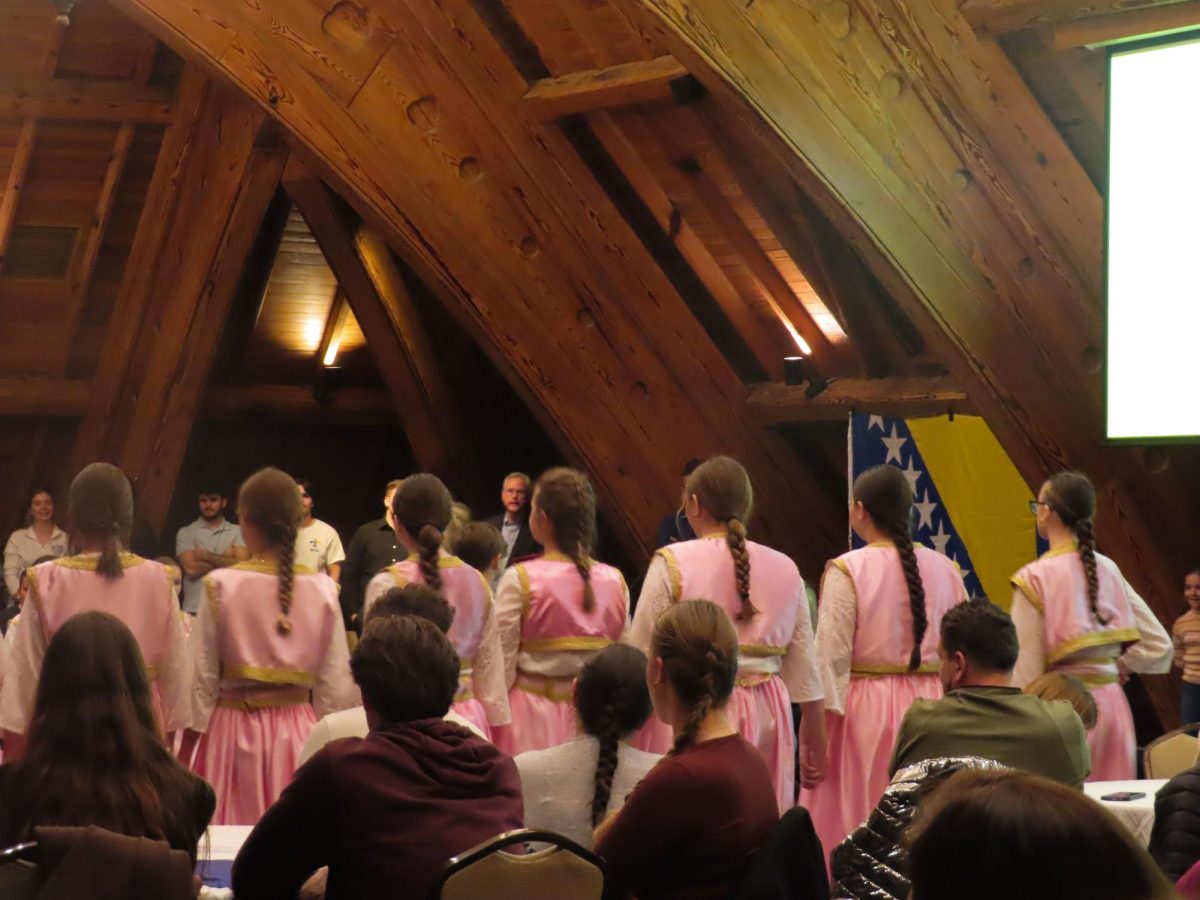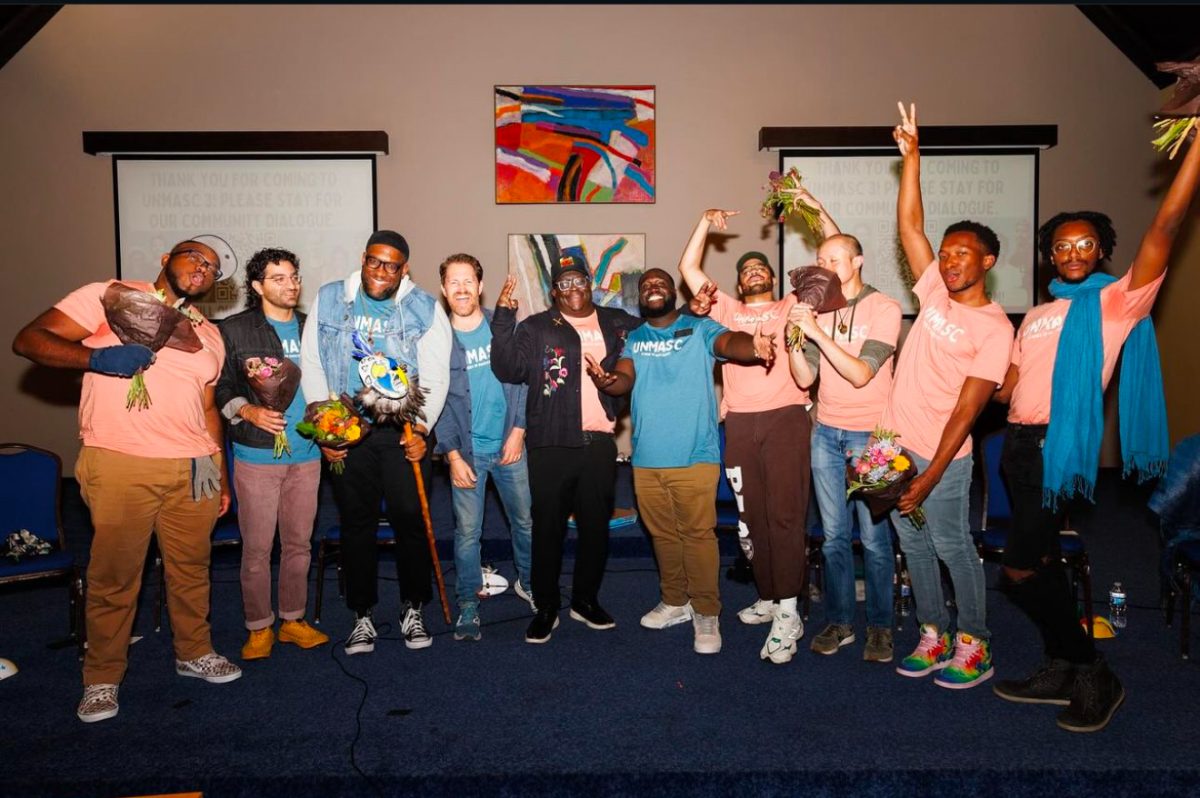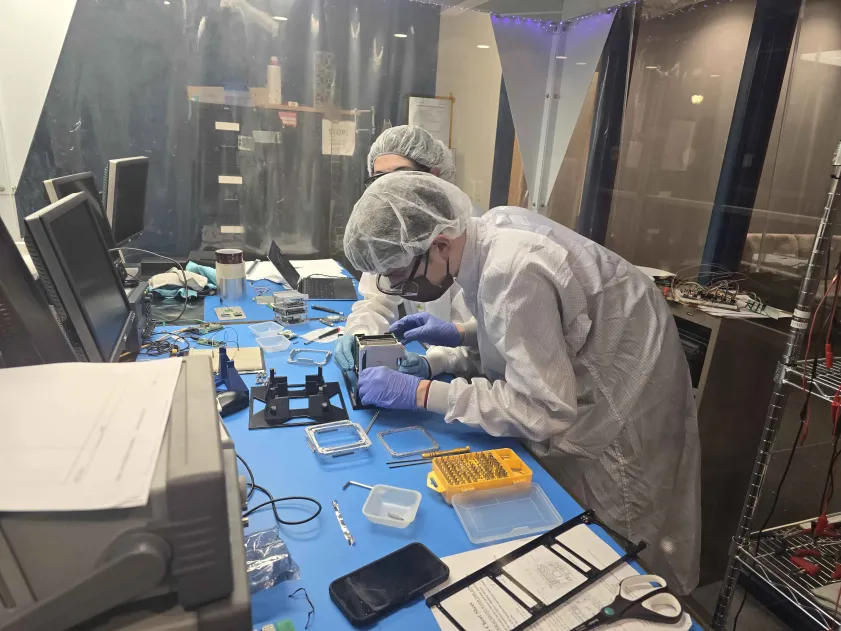The United States spends approximately 82.4 billion dollars per year on the incarceration of criminals. Emily Baxter, a fellow at the University of Minnesota Law School’s Robina Institute of Criminal Law and Criminal Justice, started a project titled “We Are All Criminals” as a commitment to highlighting the barriers and social stigma created by criminal records. Thursday, Nov. 13, SLU students gathered in the St. Louis Room of the Busch Student Center as Baxter spoke about her project and conveyed what she called the “chilling effect…of a criminal record.”
“We Are All Criminals” began by sending out fliers with one simple question — “What have you had the luxury to forget?” The project doesn’t aim to inflict guilt, or suggest that there shouldn’t be consequences, but to instill a message of hope through recognizing our important similarities, rather than differences.
“I hope the project inspires people to take action, I hope people will recognize privilege… and I hope people see a bit of themselves [in the subjects of the photos],” said Baxter.
Different ways of taking action include ending the war on drugs and decriminalizing addiction, homelessness, mental illness and poverty according to Baxter. She challenged the audience to try and take a different perspective on the issues; evaluating one’s own life and examining the different events that layered together to create the current situation. Baxter asked, “How would it be different if you had a criminal record for one tiny seemingly insignificant (but technically illegal) action?” She noted humans make mistakes, so who decides if a bad judgment call results in jail time and a person’s potential “reduced to a checked box” on a job application?
A panel of re-entry program representatives, from in and around St. Louis, wrapped up the evening and took questions from the audience. Much of Baxter’s presentation focused on drug-related charges and arrests; which comprise a huge percentage of those with a criminal record in the US- and was further discussed in the question and answer session. One of the representatives shared the fact that the cost for treatment programs is much less than mass and unnecessary incarceration and have immeasurable benefits — they save lives. Treating drug addictions as health issues and not criminal issues, only takes the ingredients of a little compassion and determination, and has proactive results and more importantly provides hope for future generations instead of endless cycles of criminalization that affect unrelated parties of the crime, like the offender’s family and close peers.
Baxter’s project aims to illuminate the facts to suggest that the current standards that divide “criminals” from other citizens are questionable. Specifically, when talking about the arresting of minors, Baxter called the current criminal justice system’s actions the “foreclosing of futures before brains are fully developed.”
The present situations in St. Louis and Ferguson force the SLU community to sort through these types of issues, up close and personal. “We Are All Criminals” hit close to home. Sharing stories, experiences and participating in dialogues help everyone achieve their civic potential. Humans have the ability to change, only when grace and the pursuit of truth are also present, too. Baxter’s project promotes working together, and improving justice systems and challenging questions that society faces today.



